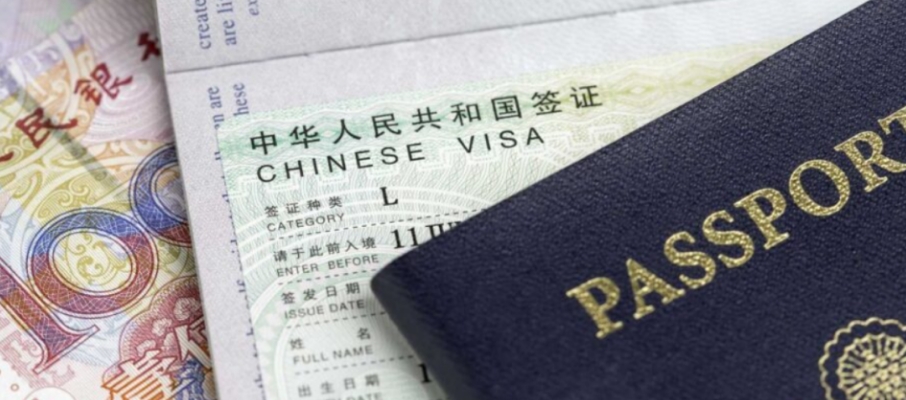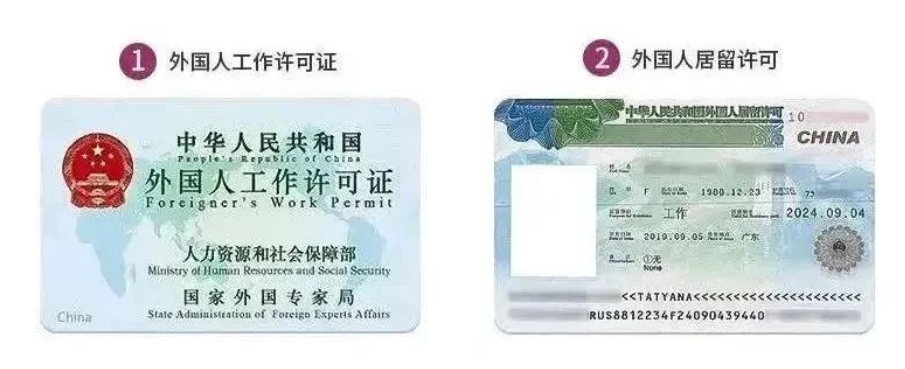VISA REQUIREMENTS FOR FOREIGNERS VISITING, WORKING, AND LIVING IN CHINA
| Visa Type | Target Group | Features |
|---|---|---|
| Diplomatic Visa | Foreign government officials, diplomatic representatives, consular officials and their families who hold diplomatic passports and are engaged in diplomatic activities. | Represents diplomatic relations between countries and the special status of diplomatic personnel, enjoying certain diplomatic privileges and immunities. |
| Courtesy Visa | Specific foreign individuals for reasons such as diplomatic etiquette or international friendship, such as those who have made important contributions to friendly exchanges between countries and members of high-level visiting delegations. | There are certain special treatments and simplified procedures in the application and approval process, but the specific courtesy level depends on different situations and relations between the two countries. |
| Service Visa / Official Visa | Staff of foreign government departments, international organizations, non-profit institutions, etc. who hold official passports or ordinary official passports and go to China for work, official visits, attending meetings, and performing official duties. | Applicants need to provide relevant official certification documents such as dispatch letters and invitation letters to prove their official status and purpose of visit. The validity period and stay period of official visas will depend on the specific arrangements of official activities. |
| Ordinary Visa | Most foreign citizens who go to China for non-diplomatic, official, and courtesy purposes. It can be further subdivided: | |
| L Visa (Tourist Visa) | Foreign tourists who go to China for tourism, leisure, sightseeing, etc. | There are single-entry and multiple-entry tourist visas. The validity period and stay period depend on the visa type and the specific situation of the applicant. For example, some Chinese tourist visas applied for by foreign tourists may allow them to enter China multiple times within a certain period, and each stay does not exceed the specified number of days. |
| M Visa (Business Visa) | Foreign people who go to China for business activities, trade negotiations, business inspections, cooperation projects and other business-related purposes. | Applicants need to provide invitation letters from Chinese inviting units and business cooperation agreements and other relevant documents to prove the authenticity and necessity of their business visits. |
| Z Visa (Work Visa) | For foreigners who work in China. | Applying for a work visa requires an invitation from a Chinese employer and approval from relevant government departments. At the same time, a series of documents such as work contracts, educational certificates, and health certificates must be submitted. The validity period of a work visa is usually related to the term of the work contract. |
| X Visa (Study Visa) | Issued to foreign students and scholars who go to China for studying, further education, academic exchanges, etc. | Applicants need to provide admission notices from Chinese schools or educational institutions, study plans, financial proof and other materials. The validity period of a study visa depends on the length of the study program and generally covers the entire study period. |
| Q Visa (Family Visit Visa) | Established for foreign citizens to visit relatives in China. | Applicants need to provide proof of kinship and invitation letters and other documents to prove their purpose of visiting relatives. The validity period and stay period of family visit visas will be approved according to the closeness of kinship and specific circumstances. |
| D Visa (Settlement Visa) | Mainly for foreign citizens who wish to settle in China for a long time, such as foreign spouses married to Chinese citizens and foreigners who meet China’s immigration policies. | The application process for settlement visas is more complicated and requires a large number of supporting documents, including marriage certificates, residence certificates, and certificates of no criminal record. |
| Transit Visa | Foreign citizens who need to transit and stay in China on their way to other countries. | The validity period and stay period are relatively short, generally determined according to the specific itinerary and time arrangement of transit. |

